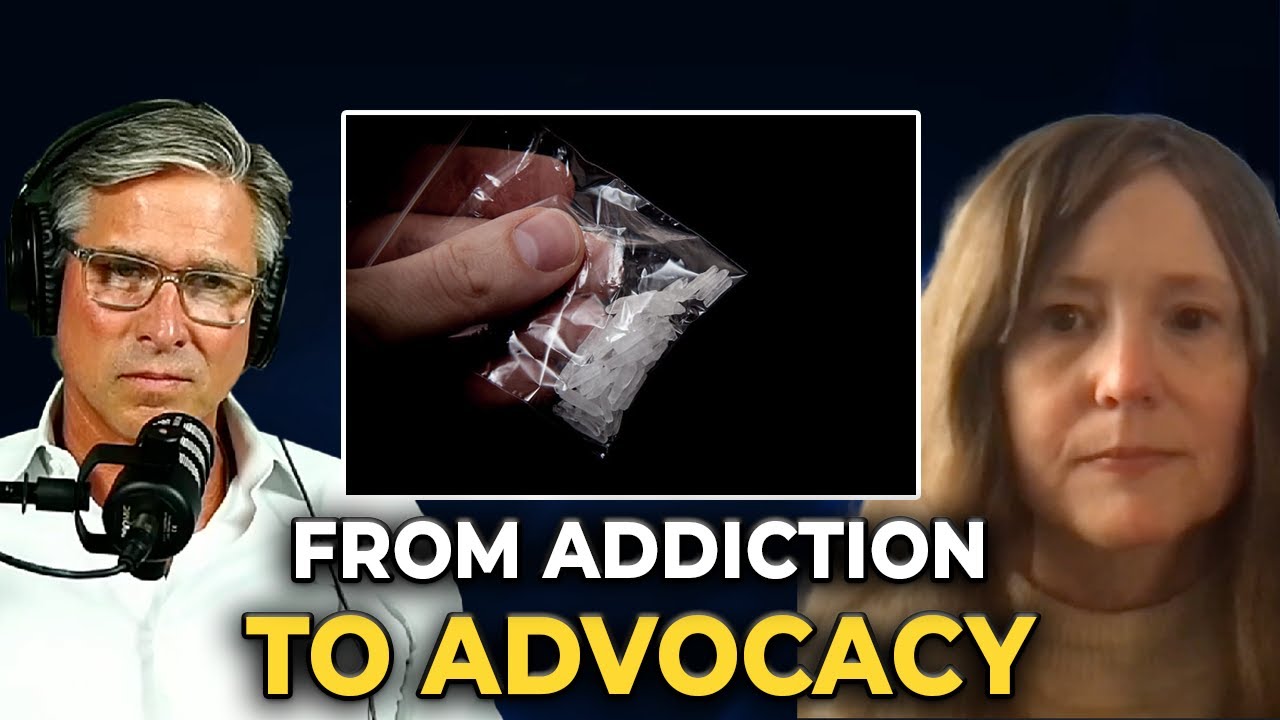The moment Wendy Lankton realized her life was about to change forever came as the judge pronounced her sentence. As the words echoed in the courtroom, a weight settled on her chest, and it felt like the end of the world. Fifteen years a number that loomed large and suffocating, marking the beginning of a journey she never expected to take. It was a moment that would define her, but it was also the moment she began to understand the gravity of her situation and the path that lay ahead.
Wendy grew up in Southeast Nebraska, where the shadows of addiction and trauma loomed over her family. Her mother had passed away when Wendy was just four years old, and her father’s battle with alcoholism painted a turbulent backdrop to her childhood. The loss of her younger brother in a car accident compounded the pain, leaving her with a profound sense of grief and hopelessness. As she navigated the complexities of her family life, it became clear that the struggles she faced would shape her in ways she could not yet comprehend.
But it was during her time in prison that Wendy began to find her purpose. Serving a three year sentence out of the fifteen years she had been given, she encountered the reality of incarceration. It was tough, yet it was also a turning point. She realized that she could either succumb to despair or find a way to make a difference.
This experience led her to become an advocate for others in the system, navigating the complexities of re entry programs and helping those who felt lost in the same way she once had. Her father’s journey to sobriety became a source of inspiration during her time in prison. Seeing him confront his past and take responsibility for his actions ignited a flicker of hope within her. It showed her that change was possible, that redemption could be sought and achieved.
Wendy took this lesson to heart, using her time behind bars to not only focus on her own future but also to reach out to others who were struggling. Through the CARES Act and First Step Act, she found ways to support her fellow inmates, guiding them through the maze of challenges they faced. Wendy’s involvement in these programs was not just about helping others; it was also about her own transformation. She began to see her time in prison as more than just a punishment.
It became a catalyst for change, propelling her toward a future she had once thought was out of reach. While in prison, she cultivated a passion for advocacy and education, which eventually led her to pursue law school. Now, she stands as a law student, focusing on re entry advocacy, determined to make a difference in the lives of those who find themselves in similar situations. Four years out of prison, Wendy is actively working on her education and advocacy efforts.
She has turned her painful experiences into a platform for change, emphasizing the importance of support and hope. Her message is simple yet profound: no matter how dark the circumstances may seem, there is always a way forward. She encourages others to confront their fears and challenges head on, reminding them that they are not alone in their struggles. Wendy’s journey has been marked by moments of clarity and purpose.
The realization during her sentencing that her life was drastically changing was just the beginning. Each step she took, from her father’s sobriety to her advocacy work in prison, has contributed to a narrative of hope and possibility. She has transformed her experiences into a force for good, advocating not only for herself but for others who may feel trapped by their pasts. As we reflect on Wendy Lankton’s story, it is clear that her journey is one of profound change and purpose.
It serves as a reminder that even in the darkest of times, we have the power to rise, to advocate for ourselves and others, and to seek out the light. Wendy’s experiences illustrate the importance of community and support in navigating life’s challenges, and her commitment to helping others is a testament to the enduring spirit of hope.

